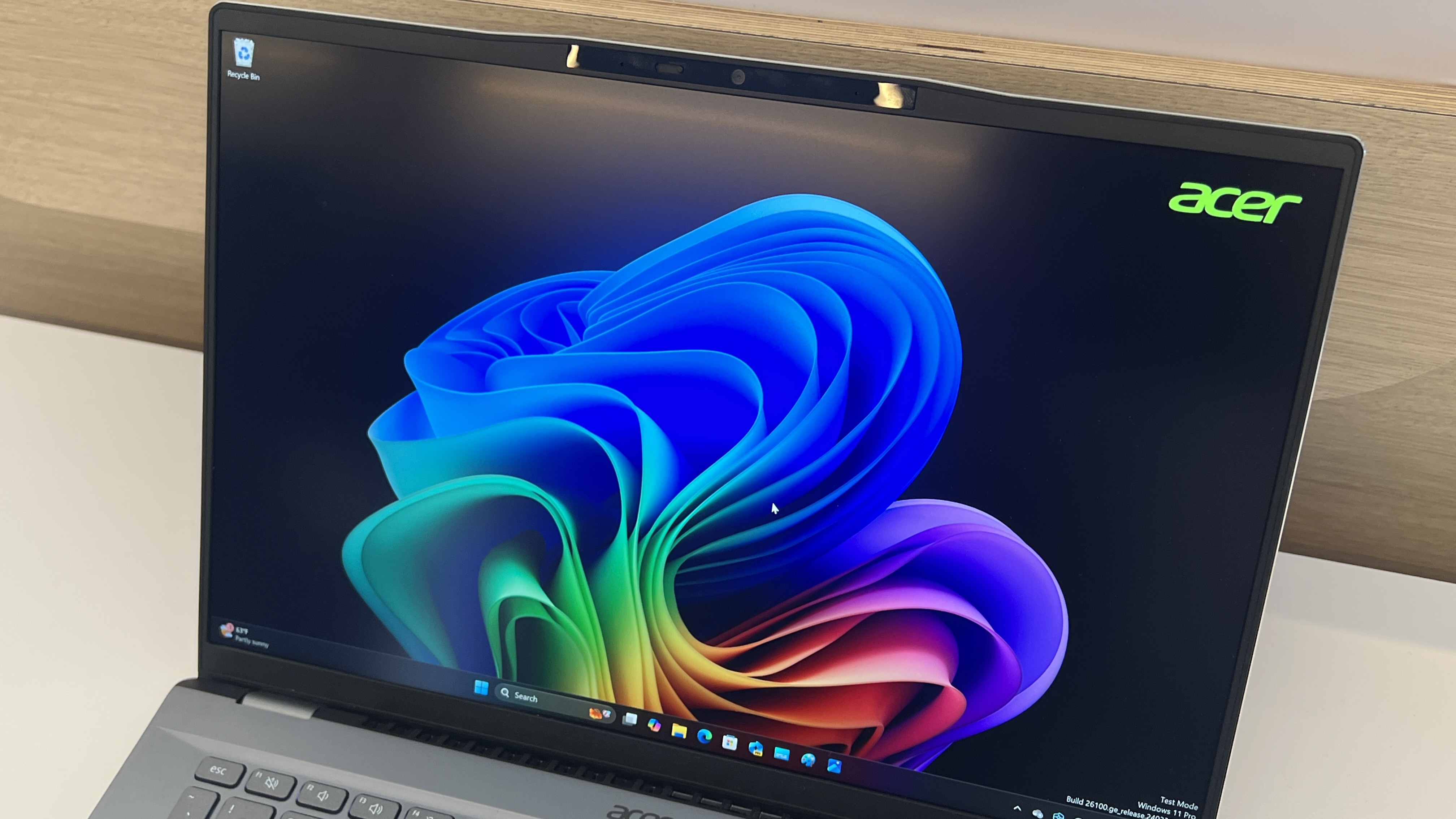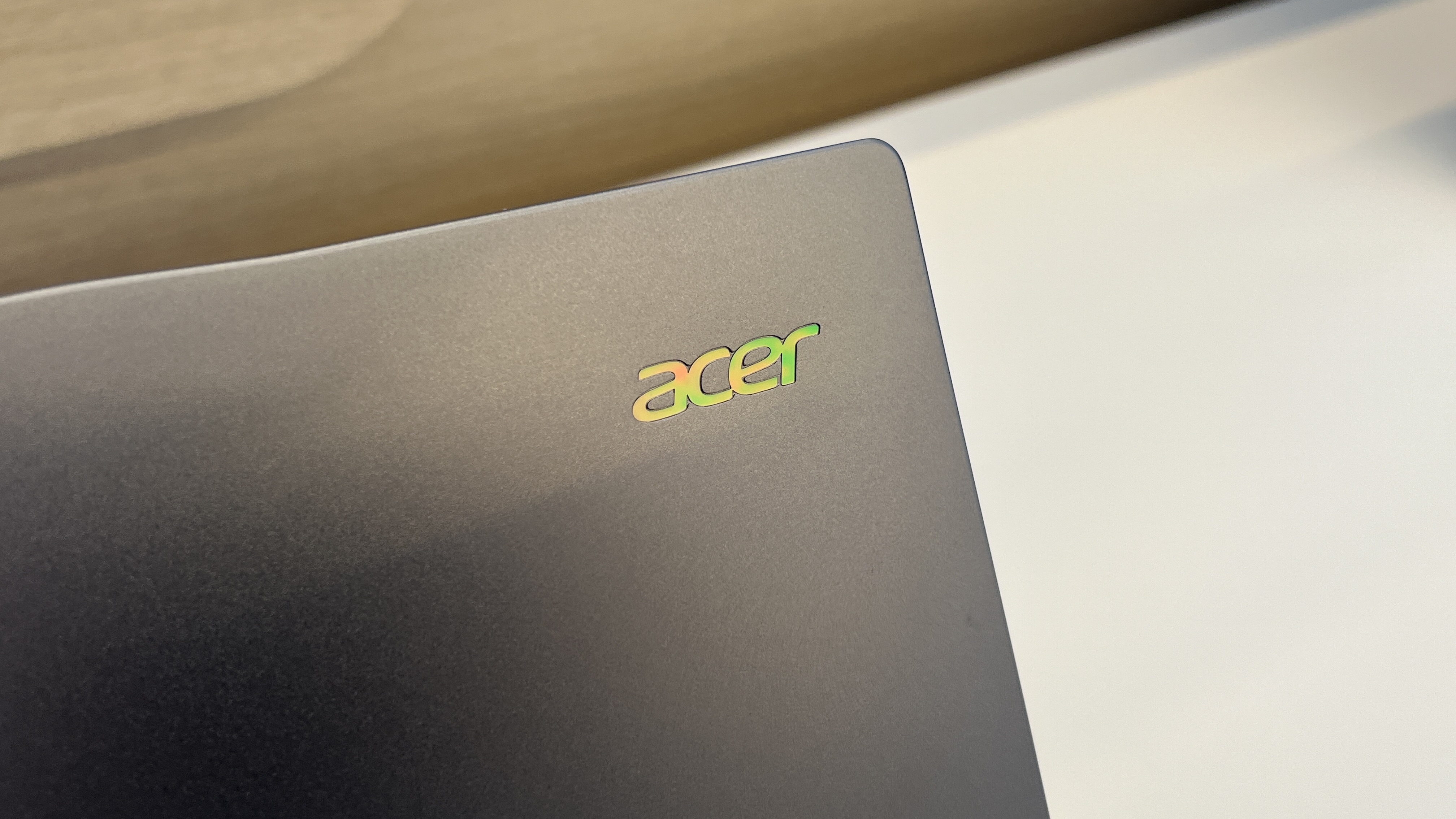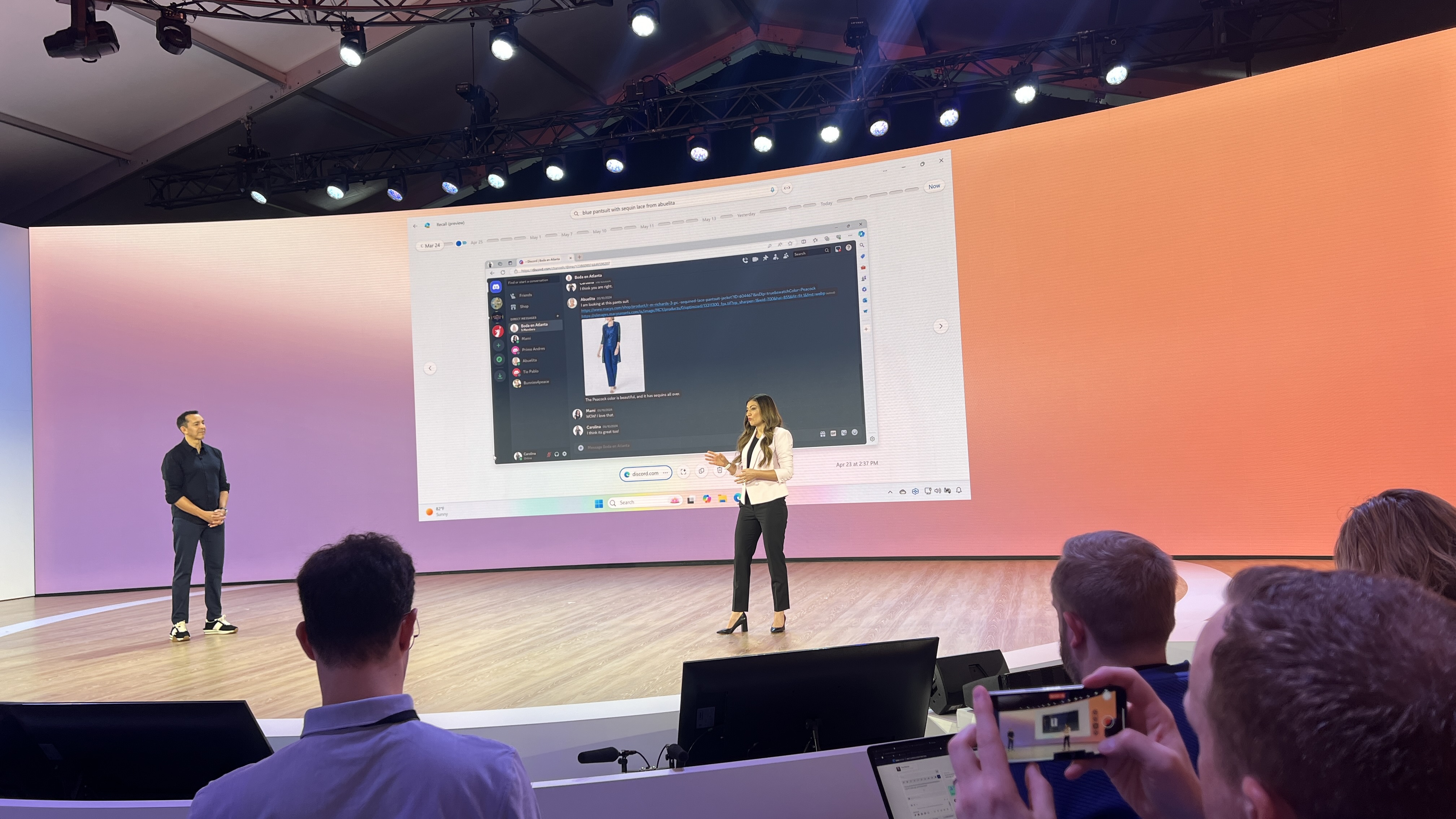How Acer plans to ride the AI PC wave to success in 2024 and beyond
Acer COO Jerry Kao sits down to discuss the future of AI PCs

Sign up for breaking news, reviews, opinion, top tech deals, and more.
You are now subscribed
Your newsletter sign-up was successful
One of the more impressive things I saw at Microsoft’s Copilot+ PC event ahead of Build last month was the number of OEM manufacturers who were showing off the first round of Copilot+ AI PCs with the Qualcomm Snapdragon X SoC.
It was definitely something of a show of force for Microsoft, but it also presents an opportunity for manufacturers to ride the wave of interest generated by the Microsoft event and its new Copilot+ PC push.
I had the opportunity to sit down with Acer Chief Operating Officer Jerry Kao at the event to discuss the AI PC wave we’re seeing this year, where the pitfalls are, and what might be possible for the future of these devices.

Jerry Kao became Acer's COO in May 2023 and boasts 25+ years in the PC industry. He led Acer’s IT Products Business as President since 2016, overseeing business and product lifecycles. With a background in project management and branding, he holds an MBA from National Chung Hsing University.
Can an AI PC boom rejuvenate a struggling PC market?

One thing that Acer has been particularly good at is developing PCs that are more accessible to people on tighter budgets, whether that means Chromebooks or budget Windows laptops.
But the Copilot+ laptops that will be available starting this month are all well above the $499 average selling price (ASP) for laptops, something Kao says will be the biggest challenge that manufacturers will need to overcome for the AI PC wave to be successful.
“Yesterday, we were talking about Intel Meteor Lake, with laptops coming in at $799, $899,” Kao said, “so when it’s time for consumers to refresh their PCs, will they migrate to the $999 price point? This is a big question mark.”
Another potential issue is the higher memory requirements for Copilot+ PCs, which require 16GB RAM, whereas the current sweet spot for entry-level devices especially is 8GB. While Covid was something of a meteor strike for the PC market driving a massive global chip shortage that has mostly abated, the memory industry has encountered a number of issues in the past couple of years that are likely to keep prices high, putting something of a price floor under the AI PC boom.
Sign up for breaking news, reviews, opinion, top tech deals, and more.
“With the three major memory vendors [Micron, Samsung, and Hynix], they finally have some profitable possibility [from AI], so their price is actually getting higher, and with AI servers, that demand is huge, which can jeopardize the supply for PCs and smartphones.”
These supply constraints certainly won’t help get the price of an AI PC below the $999 mark, much less get them closer to the $499 laptop ASP, but there are good reasons to be optimistic about the potential for AI PCs and consumer demand for them, namely the kinds of applications that these PCs will enable that won’t be available on older or cheaper PCs.
The importance of Copilot Runtime as a driver of the AI PC boom

One of the things that stood out to me during Microsoft’s briefing on Copilot+ PCs was something called Windows Copilot Runtime, which will be essential to developing the software that will make AI PCs more than just a buzzword.
“Not too many people noticed the Copilot Runtime thing,” Kao told me. “They're all focusing on Recall, but what you need to understand is we need to build an ecosystem [of AI-powered apps] as the most important thing. It’s why I’m looking forward to Microsoft Build since these events are where developers are focused on [Copilot Runtime] to create a lot of applications based on this API.”
It isn’t just third-party developers either who are looking to roll out AI-enabled apps. Kao believes that in-house development will be essential to Acer’s – and other manufacturers' – success in growing the AI PC marketplace.
“So Acer also has something we're working on using the Copilot plugin,” Kao said, “because in the end, if every year it's 100% the same apps as Microsoft provides, then there's no differentiation.”
How Acer plans to use its market coverage to ride the AI boom
Acer isn’t alone in hoping that the boom in AI PCs helps drive laptop sales in its favor, but Acer has traditionally had one of the stronger market positions across different market segments, so it is better positioned than most to meet the renewed demand for laptops and PCs that the NPU revolution will ultimately bring about.
This will be especially true in the months and years ahead as the price of AI PCs are able to come down after the first, initial wave of adoption at the current $999 starting price point.
“I think we have very wide coverage of the AI PC market, starting from Chromebook Plus,” Kao said, “and we also have very wide coverage of the silicon [powering AI PCs], whether that’s Qualcomm or AMD or Intel.”
“So cross-OS and cross-segment, we have both consumer and commercial offerings, so if you’re thinking that you want to buy an AI PC, think of Acer,” Kao said.
You might also like

John (He/Him) is the Components Editor here at TechRadar and he is also a programmer, gamer, activist, and Brooklyn College alum currently living in Brooklyn, NY.
Named by the CTA as a CES 2020 Media Trailblazer for his science and technology reporting, John specializes in all areas of computer science, including industry news, hardware reviews, PC gaming, as well as general science writing and the social impact of the tech industry.
You can find him online on Bluesky @johnloeffler.bsky.social